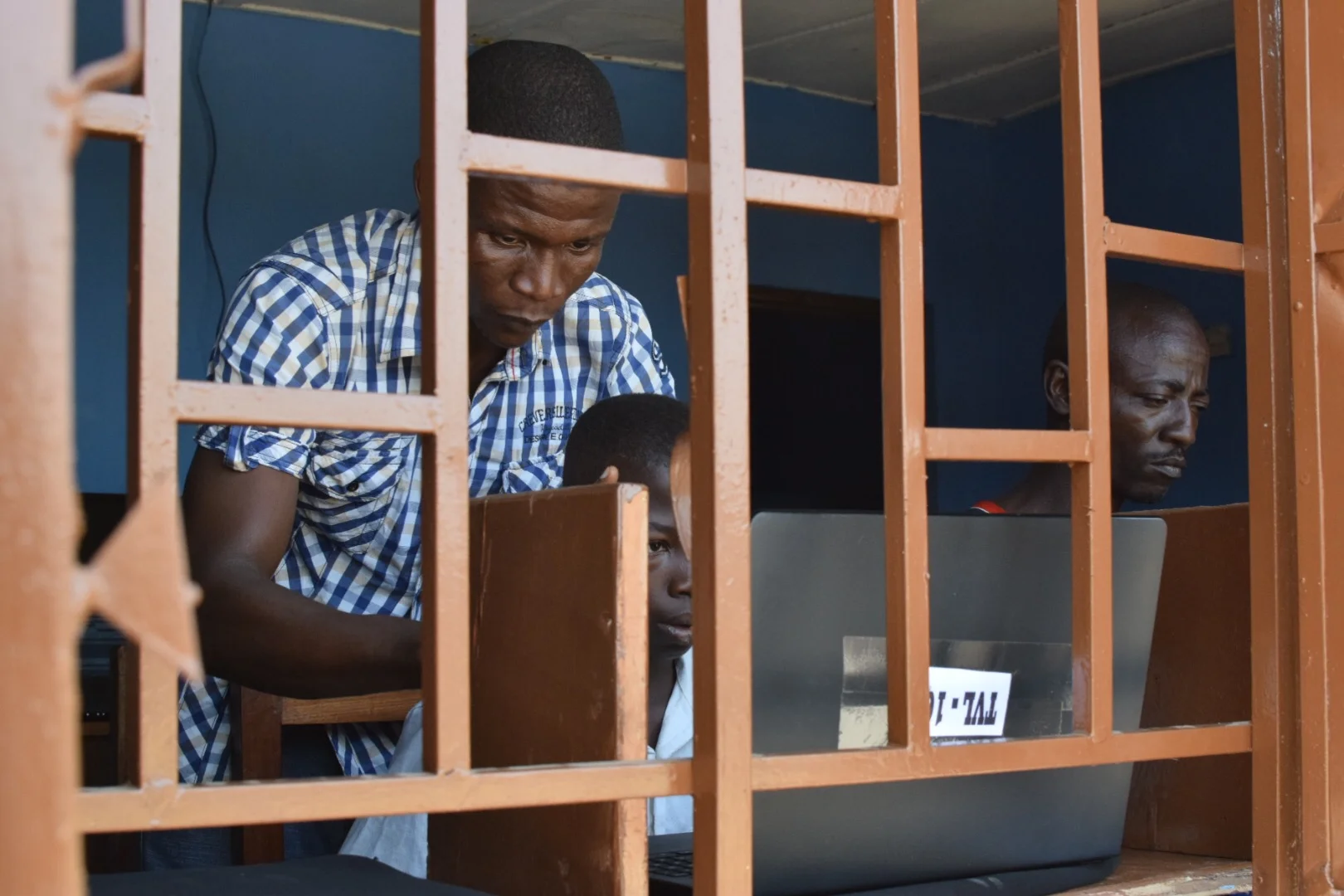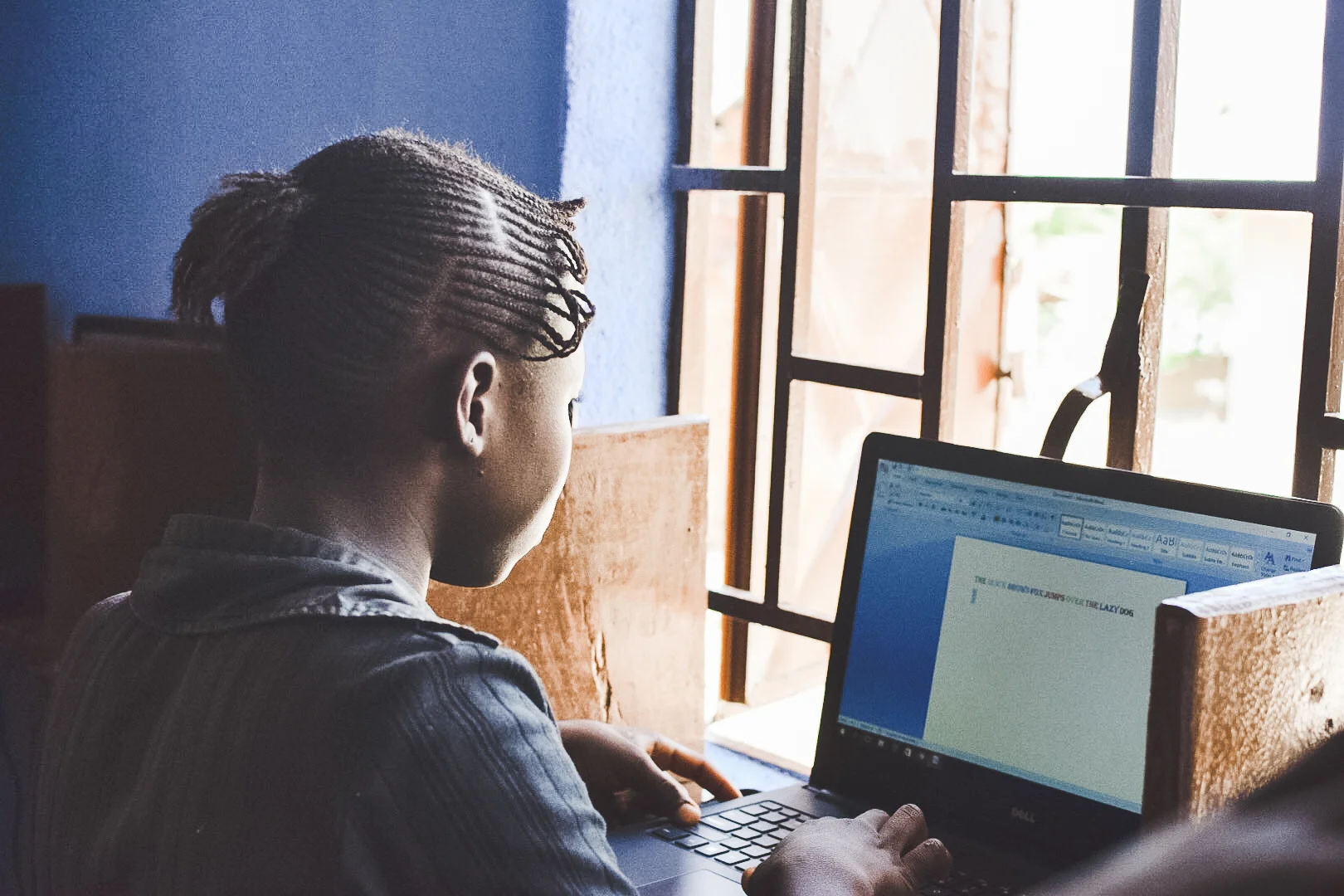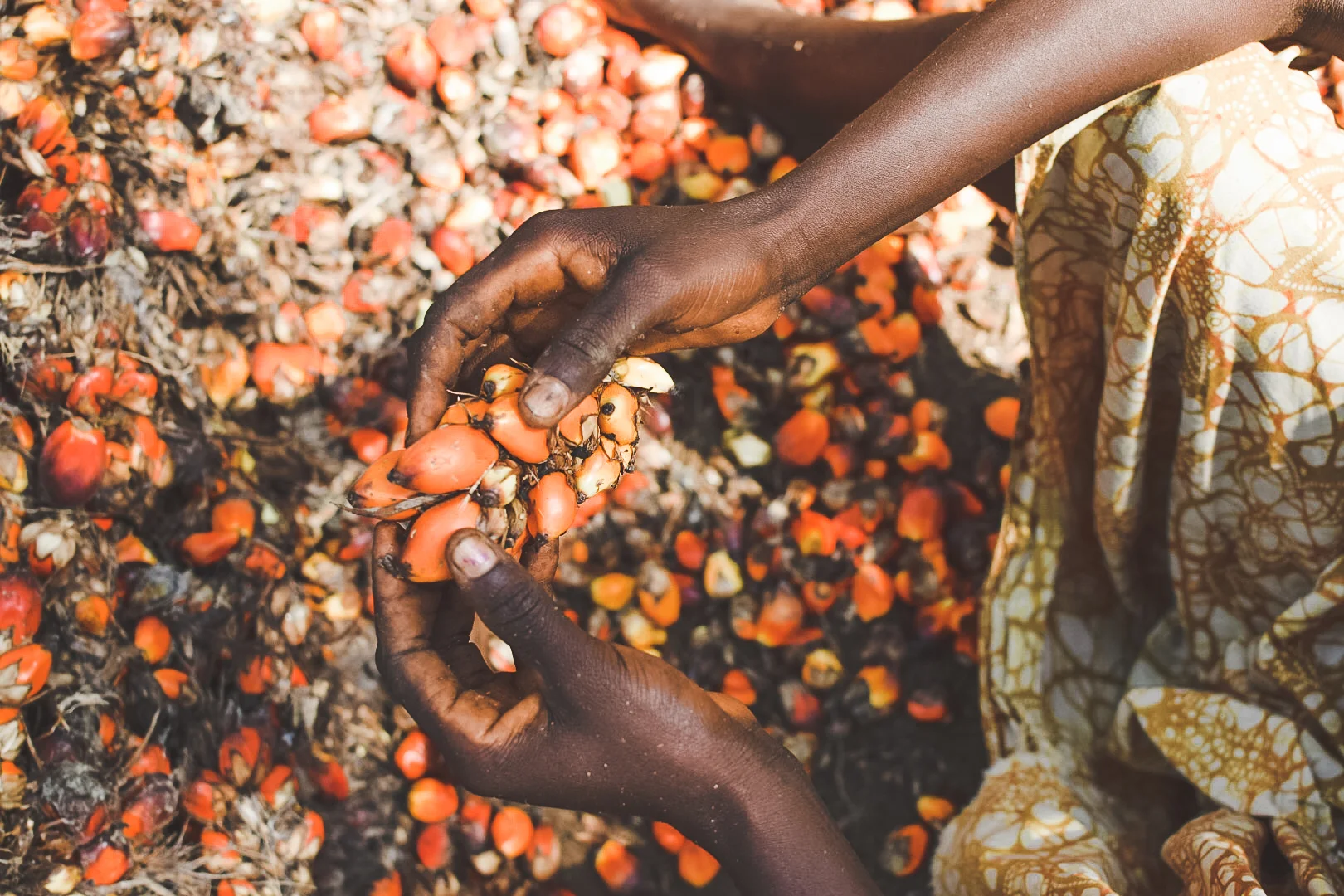Pathway to Sustainability
TVL’s rural economic development model includes a social impact business that will eventually drive enough revenue to support local on-going programs and operations. In just 1.5 years of operation, our center’s are already supplementing center operational expenses and on way to break even. Our Center’s offer local communities in-demand business services that aren’t locally available.
Pathway to Sustainability
Setting up revenue channels
Throughout the project lifecycle, working closely with stakeholders and a detailed needs assessment it was determined the economic opportunity was in providing business services. Clients range from University professors, students, primary school administrators and government offices.
Printing
Photocopying
Scanning
Laminating
Passport / Photo Printing
Cell Phone Top-up
Solar Charging
Stationary supplies
Binding
Internet Cafe
Take a look inside our most recent Center, in Gerihun, where we transformed an unused building into a full service business services hub offering educational and vocational training.
Vocational training
One of the keys to succeeding long term impact is setting up both a physical and process driven infrastructure that supports human capacity development. TVL has made a significant financial investment in both physical and operational infrastructure over the past 7 years, reaching nearly $500,000 USD.
When our local vocational training partner, TrainingSol and tech company SBTS Group came to us with the idea of developing a custom rural vocational training program geared towards the initial group of digital literacy participants we jumped at the opportunity to collaborate further. This project has potential to provide nationally recognized standard of training for rural people to become certified to work remotely. Participants that pass the course and successfully finish a 3 month internship will be certified to take paid outsourced work from Freetown and beyond. We are working towards developing a digitally skilled workforce that can perform all the functions as if they were in Freetown but without the need to migrate to the overcrowded city. This opportunity will provide jobs and a new set of skills for people living in the most underserved communities. It will discourage brain drain from the rural communities to the capital, Freetown and it will stimulate economy in the southern province.
Leverage existing industry and resources
Southern Sierra Leone is a very agriculturally rich part of the world. Most of the families in Baoma Chiefdom survive purely off subsistence farming with little to no economic transactions. Farming in Baoma Chiefdom is still done using primitive tools and traditional methods. We're exploring partnerships and blockchain technology as a way to develop sales distribution channels for agriculture products from the southern province to the more populated cities in country and one day internationally.
Make sure to sign up for our newsletter and to follow us on social media to stay up to date on this project and others. As we develop our plan and learn more about how to best leverage technology to advance the agriculture industry in Baoma Chiefdom we will update our friends and donors.













